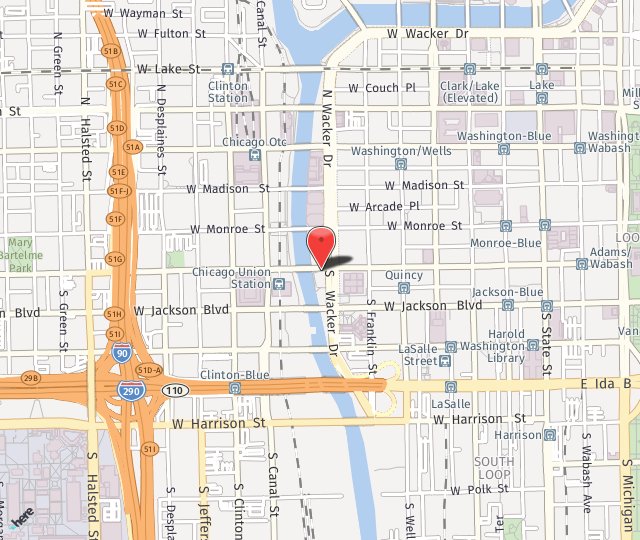Is Food Mislabeling A Type of Fraud?
The act of food mislabeling should be a serious concern to consumers. Food mislabeling, whether intentional or accidental, can lead not only to consumers being defrauded out of their hard earned money on a product that is not as advertised, but can also lead to serious cases of allergic reaction or even death.
If you think that you have been a victim of food mislabeling, don’t hesitate to contact Markoff Leinberger at 888-517-9115 for your free consultation. Our consumer law attorneys have years of experience fighting big corporations on the behalf of consumers, and we will let you know honestly if we think you have a case.
Types of Food Mislabeling
There are different ways that a food item can be mislabeled. These can include:
- False advertising
- Deliberately or accidentally leaving out ingredients
- Not listing potential allergens
- Claiming a food contains ingredients that it does not
False advertising occurs when a product makes a claim that it cannot actually back up. A famous example is when Dannon marketed its Activia brand yogurt as being “scientifically proven” to help with digestion, when in fact there were no studies done that could prove Activia yogurt did anything specific to help with digestion.
Another type of false advertising occurs when a food is marketed as something that it’s not. Common examples are olive oils that claim to be “extra virgin” and imported from Italy, but in fact are diluted with other, cheaper oils and come from whichever country most cheaply manufactures it.
Not listing allergens is a type of food mislabeling that can have drastic consequences for the unsuspecting consumer. The FDA requires that eight major allergens be listed on labels if they are present in any form, including from cross-contamination. Failing to list an allergen that may be present can lead to allergic reactions ranging from mild to life-threatening. The allergens that must be listed are:
- Milk
- Eggs
- Shellfish
- Fish
- Tree nuts
- Peanuts
- Soybeans
- Wheat
If you had an allergic reaction to a food due to an allergen not being listed as required, please call Markoff Leinberger for a free legal consultation to discuss your options.
Food Mislabeling in Restaurants
Restaurants are also guilty of mislabeling foods and misrepresenting where they came from. Many restaurants will list a certain type of food on the menu, but will actually substitute it for a cheaper food. This is especially common with fish; expensive fish such as red snapper or tuna are often substituted with cheaper fish such as tilapia or escarole with diners being none the wiser.
In some cases, this food substitution can cause significant problems. For instance, if a product advertised on the menu as all beef is mixed with cheaper pork, this is a major issue for people who cannot eat pork for religious reasons. It is also common for items on the menu labeled as vegetarian to actually be cooked in animal fat or prepared in the same area and with the same tools as those used for preparing meat products.
Restaurants may also ignore dietary or allergic restrictions that customers have. If you have an allergic reaction to a food in a restaurant that you had no reason to believe contained the ingredient you are allergic to, you should call an experienced consumer law attorney for a case evaluation.
Schedule Your Legal Consultation
If you have been a victim of food mislabeling in any form, please don’t hesitate to contact Markoff Leinberger today at 888-517-9115 to schedule your free case evaluation.
We serve clients in Chicago, Illinois and nationwide.

